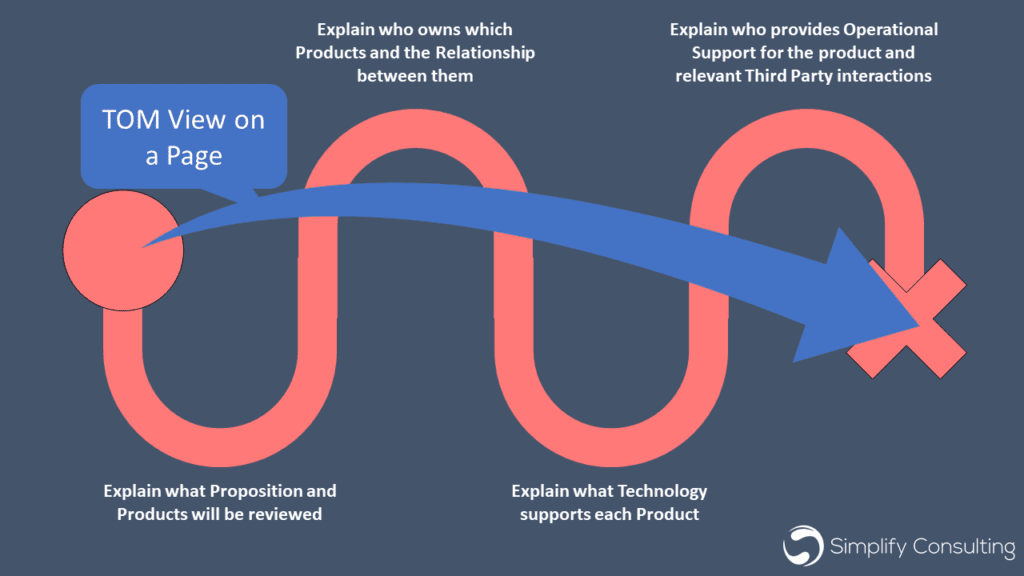Complaints
During covid the level of complaints significantly dropped across all products as customers were more understanding of the circumstances and delays caused. Now the volume of complaints is on the rise again.
Investment products for instance have continued to trend upwards back towards pre-covid levels3. 2023 H1 saw an increase in the volume of complaints related to investment products of 18%.
It is also noteworthy that the volume of complaints escalated to the Financial Ombudsman has almost doubled4 since 2021 for pension products specifically. Firms need to be proactive in addressing this, as it will be a key metric in assessing quality of service.
The number of investment complaints has been increasing

Transfers
It is down to firms to ensure they have the required technology to deliver good outcomes. The average electronic transfer using Origo is 12.9 days (up 28% from 2018)5. Compare this to the average transfer duration across the industry and you will find it to take 29 days.
This is because some firms continue to use paper-based forms, where the process inevitably takes longer and in the worst cases providers can take over 4 months to complete transfers6.
These delays are often caused by the ceding scheme, who do not appropriately prioritise the transfer given that there is no financial benefit for them to do so.
The average time taken to transfer pension accounts is increasing

Wages
Staffing is a concern as the cost to employ staff in the UK financial services sector has become more expensive. Over the past year average wage growth in Financial Services has been higher than any other sector.
For Q3 of 2023, inflation has seen wages increase by 9.4% compared to the same time last year7. This makes it increasingly difficult to retain staff and will impact the quality of service firms can provide to consumers.
Consequently, firms will need to improve efficiency through process optimisation, technological development & A.I to ensure good outcomes for consumers.
Wage inflation in Financial Services will put pressure on staffing

What do firms need to do?
Firms should review their customer journeys to ensure there are no unnecessary barriers that will prevent customers from receiving good outcomes. This should include:
- Utilising behavioural analytics techniques, such as outcome testing, to understand whether products will still provide good outcomes when consumers circumstances change.
- Where quality of service is not sufficient, ensure that the acquisition of new customers is not disproportionately prioritised over the retention of existing customers.
- Exception processes need to be designed to exit customers where the product or service no longer provides fair value.
- Firms need to provide greater choice to customers not only in the communication channels available, but also in how they can switch between these channels as seamlessly as possible.
- Metrics needs to be defined to understand what good looks like when it comes to quality of service and made visible to the board to inform decision making.
As the FCA start to gather more data around firms’ quality of service it will become even greater priority. This is a problem that is not going away and needs to be addressed appropriately by firms or risk the regulator having to intervene.
We at Simplify have been working with our clients to continue to embed Consumer Duty through behavioural analytics & effective governance. Contact Simplify Consulting today to see how we can help ensure you are providing fair value to your consumers.
References:
- Dear CEO letter: FCA expectations for wealth management & stockbroking firms1
- STJ 664.20 -4.60 -0.69% : St James’s Place PLC – MSN Money2
- Aggregate complaints data: 2023 H1 | FCA3
- FOS complaint data, an accumulation of decumulation? | RPC4
- Savers left to wait ‘far too long’ for pension transfers – Pensions Age Magazine5
- Origo | Origo Transfer Index6
- Average weekly earnings in Great Britain – Office for National Statistics (ons.gov.uk)7
- FG22/5: Final non-Handbook Guidance for firms on the Consumer Duty (fca.org.uk)

Mike Penny
Consultant
..
On the 8th of November the FCA issued a strongly worded letter to the CEOs of Wealth Management firms1 re-outlining their expectations around the Consumer Duty regulations. This followed a month of articles highlighting the first casualty of new regulation, St James Place. SJP were forced to change their charging structure due to not complying with what the FCA deemed to be fair value. As per the week ending 01/12 – SJP’s shares are down 43%2 compared to this time last year.
With these actions the FCA has set a precedent that they will enforce Consumer Duty and ensure the industry uphold these principals. It is therefore in firms’ best interest to comply and embed better practices as part of their culture.
But what is considered fair value? Much focus has initially been placed on the fee structure of firms combined with the performance of products. Both are easy to quantify and easy to compare across the industry, however there is another less quantifiable element when assessing value for money. This being Quality of Service.
As per the previous blog in our value for money series, firms can justify charging higher fees, i.e. where a platform charges fees on top of the fund charges, if these charges result in additional benefits to customers. Improving the overall quality of service is an example of this though not inherently obvious. Whilst not being a financial benefit it is crucial in achieving the ultimate goal of Consumer Duty – to deliver good outcomes for consumers and mitigate foreseeable harm.
So why is this important?
Firms need to seriously consider the quality of the service they are providing to consumers, as the FCA will scrutinise this more closely moving forward. Given the aforementioned letter to CEOs, the letter highlights the need for firms to embed the Consumer Support principal in relation to price and value. To do this firms need to consider how their processes can support consumers. Hence providing customer journeys that do not result in unnecessary distress or harm and ensure consumers make decisions that result in good outcomes.
To warrant good outcomes firms must ensure the following:
• It should be as simple to switch or exit a product as it is to buy into one.
• The quality of service should not differ in the after-sale processes compared to the pre-sale processes, I.e. no extended/unnecessary delays.
• Linked to the Operational Resilience regulation – firms need to not only consider processes to support vulnerable customers but also prioritise processes where delays can cause considerable harm to a customer.
• Processes and metrics need to be consistently monitored to understand where unnecessary barriers develop that could impact consumers.
So how are firms performing?
There are multiple challenges that are impacting firms ability to provide the necessary level of service to their consumers. Exploring three performance indicators specifically we can see where these challenges lie and what are some of the key areas firms need to address to ensure they are complying with the duty.







































































































































































































































